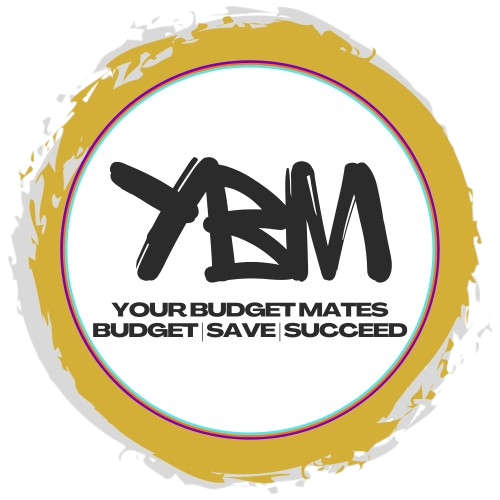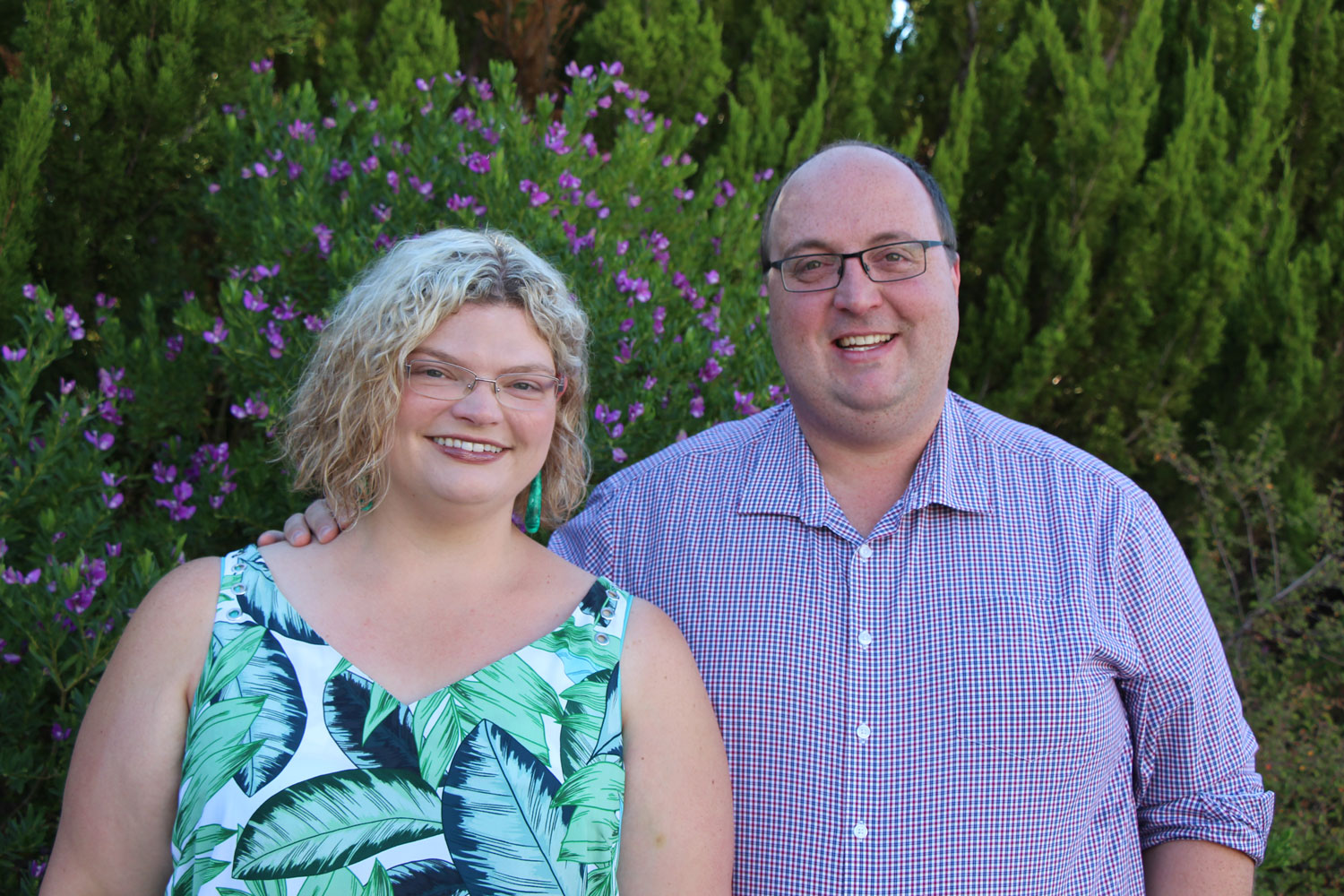Top Tips To Improve Household Finances In Tightened Economic Conditions
As household budgets constrict and lending conditions tighten, finance experts Your Budget Mates are offering everyday Australians the tools to not only survive but thrive in challenging economic conditions.
Andrew and Alyssa Mates note that even in the face of an economic downturn, there are a wealth of simple strategies everyday householders can employ to improve their financial position.
“There’s little doubt recent times have been tough financially for many households,” Andrew noted. “Rising utility costs, inflation and minimum wage growth are hitting the average household hard.
“Meanwhile, the royal commission into banking has resulted in more stringent lending conditions making good financial habits more important than ever before.
“But whether you’re saving for a holiday, seeking to buy a home, or just looking to improve your financial position in general, the following strategies can assist.”
Here are Adelaide Budgeting’s top tips:
Tip 1 – Refinancing
“A lot of people are refinancing right now to get a better rate on their mortgage,” Andrew explains.
“This means that in most cases the amount they pay towards their mortgage is reduced. If you were paying a mortgage at a higher rate and can still afford to do so, then consider paying your refinanced lower rate loan at the same amount previously. This is a fast and steady way to repay your mortgage, that can see you repaying your mortgage in record time.”
Tip 2 – Utilities and Insurances
When it comes to electricity, your telephone, internet and insurance, both Andrew and Alyssa agree, customers should never be afraid to ask for a better rate, a better deal and a better plan.
“Don’t get stung by kilo-watt per hour usage, peak and non-peak jargon that our utility providers speak,” Andrew continued. “Ask them about common-sense, dollar-amount reductions and what the price of your utilities would be each quarter. It’s the same with insurance. Find out what the best rate is and don’t just stay with one company because you’ve always been with them.
“In this day and age, loyalty is gone and products can be better value elsewhere. Pay as little as you can to get the best coverage available for you.”
Tip 3 – Insurance Excesses
Alyssa explains paying for insurance excesses is a calculated risk and, in some cases, could actually be costing you money in the short-term.
“Consider this – if you have had car insurance for the last 10 years, never had a claim or an accident and have savings in the bank, then why pay minimum excess?
“By paying minimum excess, just in case something should happen, you end up paying more on your monthly and annual premium.
“If you increase your excess to the maximum (typically just over $1000 – “at your risk”), you will notice that your monthly and annual premiums will reduce substantially, allowing you to have more cashflow for the things that matter, like savings.”
Tip 4 – Avoid AfterPay, ZipPay and other forms of “Convenient Payments”
“Many might think that AfterPay and ZipPay are great,” Andrew said. “However, they are a fast track to consumer debt and can significantly affect your chances of obtaining finance in a post Royal Commission world.
“ZipPay and AfterPay can both mark your credit score (ZipPay immediately after you sign up, and AfterPay if you miss a payment) and appear on your statements, meaning lenders can or will perceive you as a ‘bad deal’.
“Lenders will continue to restrict lending to people who use these services so stay away from the buy now, pay later options! Quite simply, if you can’t afford it, don’t buy it,” Andrew said.
Tip 5 – Savings!
No matter what you earn, always pay yourself first, Andrew and Alyssa stress.
“Every single time you are paid, put 10 percent of your income into an online eSaver account which is not linked to any transaction account,” Andrew said. “This is designed to go towards your long-term goals. Then, when budgeting, work with 90 percent of your cash flow.”
Andrew notes that simple measures like these soon add up to create better financial habits and real savings for the long-term.
“Ultimately, these habits allow households to regain their financial freedom, and achieve their lifestyle goals no matter the economic climate.”







